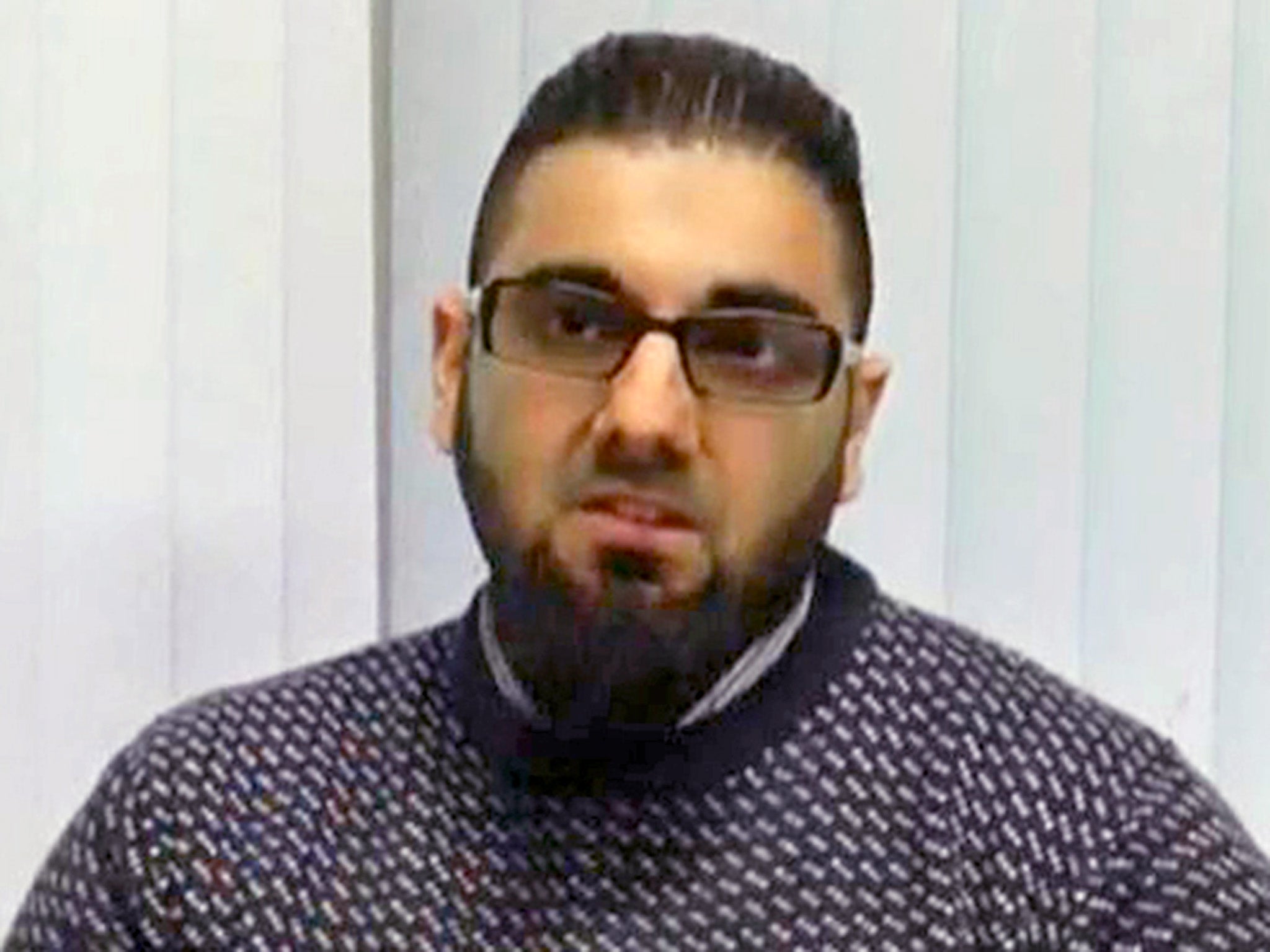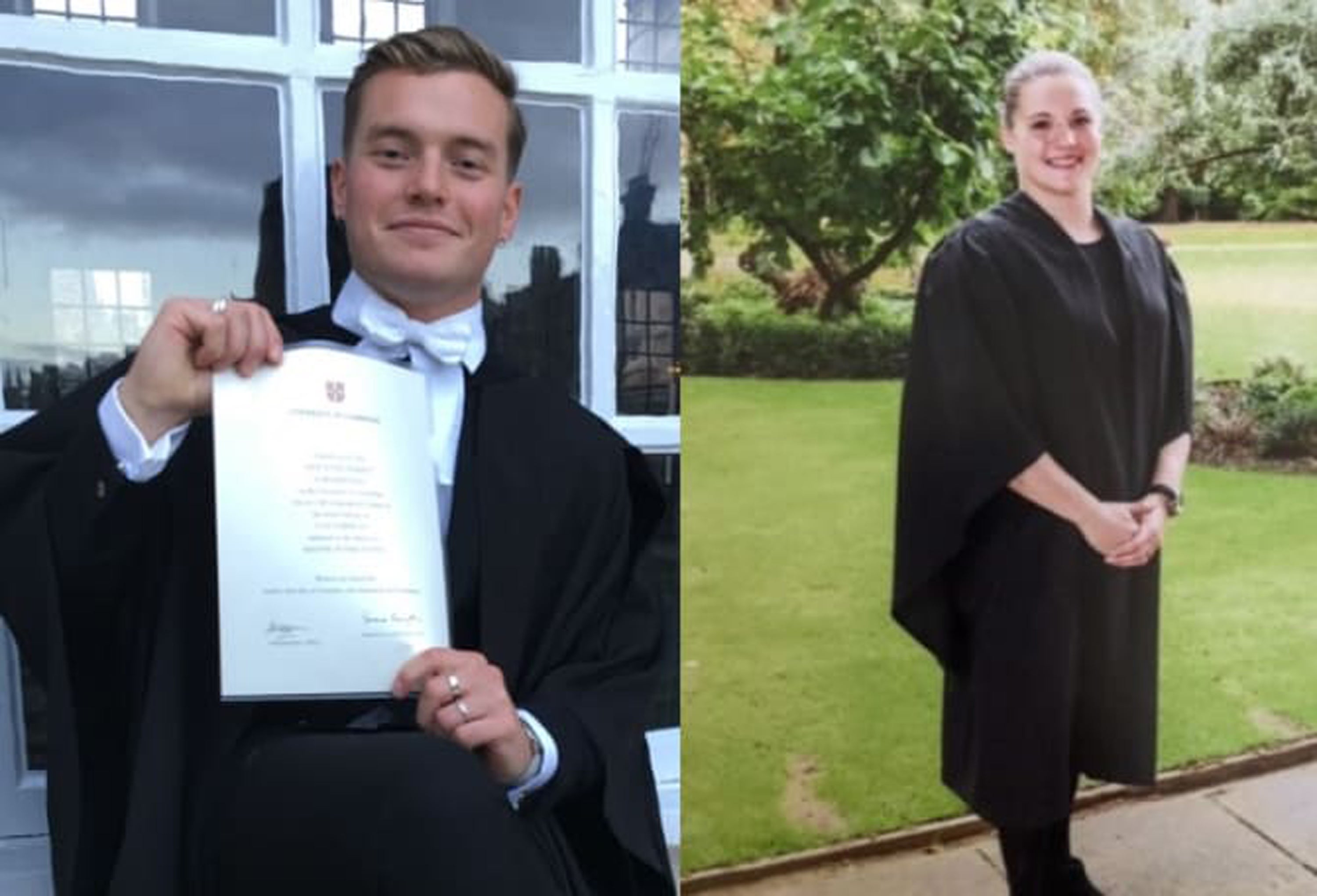Police wrongly thought probation knew Usman Khan could be planning terror attack
‘Not uncommon’ for terrorists to be released from prison saying they want to launch attacks, senior officer says

Your support helps us to tell the story
From reproductive rights to climate change to Big Tech, The Independent is on the ground when the story is developing. Whether it's investigating the financials of Elon Musk's pro-Trump PAC or producing our latest documentary, 'The A Word', which shines a light on the American women fighting for reproductive rights, we know how important it is to parse out the facts from the messaging.
At such a critical moment in US history, we need reporters on the ground. Your donation allows us to keep sending journalists to speak to both sides of the story.
The Independent is trusted by Americans across the entire political spectrum. And unlike many other quality news outlets, we choose not to lock Americans out of our reporting and analysis with paywalls. We believe quality journalism should be available to everyone, paid for by those who can afford it.
Your support makes all the difference.A senior counter-terror police officer wrongly thought probation officers knew that a released terrorist may be planning an attack, an inquest has heard.
Usman Khan, 28, murdered two people at a rehabilitation event at Fishmongers’ Hall in London in November 2019.
He launched the attack 11 months after being freed from prison, where he had served a sentence for attempting to set up a terrorist training camp in Pakistan.
Khan was being investigated by MI5, covertly monitored and overtly managed by police and probation officers.
Inquests into his victims’ deaths have heard that MI5 received intelligence shortly before he was freed from prison saying that Khan wanted to return to his “old ways” of terrorism and wanted to launch an attack on his release.
Officials who managed Khan after he was freed and participated in public protection meetings have said they did not know about the attack-planning intelligence.
Kenneth Skelton, Khan’s probation officer, previously told the inquests that if he had been told, “the whole management process would have been altered”, potentially including the decision to let Khan attend the event where he launched the attack.
Detective Chief Inspector Ryan Chambers, of the West Midlands Police Counter-Terrorism Unit, said he had “no reason to think” that probation and other agencies did not know of Khan’s feared intentions.
DCI Chambers was the senior investigating officer for the covert investigation into Khan, which was conducted alongside MI5.
When asked if he thought public protection meetings were told of the attack planning intelligence, he replied: “Absolutely, and very sadly it’s only now leading up to this process that it’s come to my attention that they did not know … my understanding was that probation would have had that intelligence.”
The officer added: “Everyone involved in this process needs to reflect on why it didn’t happen.”
DCI Chambers said he did not believe it was his responsibility to check how the intelligence had been shared, because it had come in before his involvement with the case.
The officer said the information was “highly relevant” to decisions on what Khan could do and where he could go, including over the event held by Cambridge University’s Learning Together programme at Fishmongers Hall.
DCI Chambers said that “similar intelligence” about attack planning exists in a number of cases over terror offenders being released from prison.
“It’s not uncommon, that strand of reporting is reminiscent in many investigations and part of that comes down to socialisation within prison establishments,” he added.
The inquests have previously heard that Khan socialised with high-profile terrorists in jail, including Lee Rigby’s killer and Abu Hamza, and was involved in extremist gangs and radicalisation.
DCI Chambers said that following Khan’s release from prison, there was no further intelligence that he was planning an attack or involved in other terrorist activity.
The inquests previously heard that MI5 and police monitoring missed Khan’s purchase of knives and equipment to construct a fake suicide vest days before the attack on 29 November 2019.

He arrived at the Fishmongers’ Hall event with the vest concealed under his clothing, and carrying knives in a bag.
Khan used a break between sessions to make his final preparations in a toilet, revealing the fake suicide belt and taping two knives to his hands.
He murdered Learning Together course coordinator Jack Merritt, 25, and former volunteer Saskia Jones, 23, and stabbed three other people before being chased onto London Bridge and shot dead by police.
The inquests are establishing the circumstances of the victims’ deaths and whether they could have been prevented.


